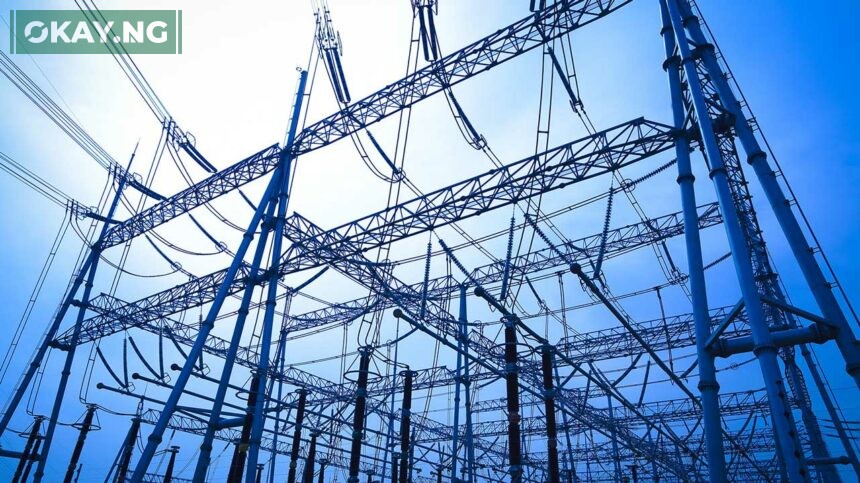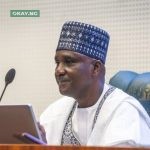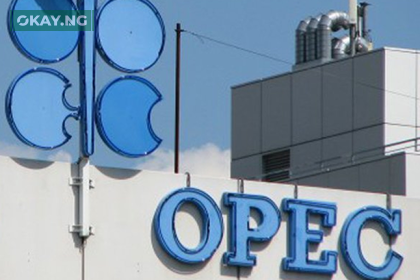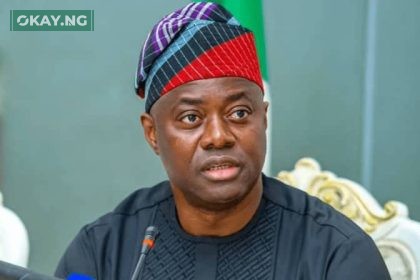Nigeria’s power sector is teetering on the brink of collapse as power generation companies (GenCos) warn of an imminent shutdown, citing an overwhelming ₦4 trillion electricity debt. This crisis, comprising ₦2 trillion for 2024 and ₦1.9 trillion in legacy debts, threatens to plunge the nation into a nationwide blackout, exacerbating economic instability and public hardship.steady electricity supply due to the worsening liquidity crisis. Col. Sani Bello (retd.), Chairman of the Board of Trustees, emphasized that plants are receiving less than 30% of their monthly invoices, pushing the sector towards total collapse.
“The continued non-payment for electricity generated and consumed on the national grid is pushing the Nigerian power sector towards a total collapse,” the GenCos stated, highlighting the lack of a clear financing plan from the Federal Government.
The Special Adviser to the Minister of Power, Bolaji Tunji, acknowledged the severity of the situation. “We are not unaware of this debt arising from the FG’s commitment on subsidy. Part of the debts are legacy debts, which were on the ground before the Minister of Power assumed office,” Tunji stated. He assured that the Ministry of Finance is poised to take action, with concrete steps being taken to resolve the lingering issue.
A Deepening Crisis
The GenCos are particularly aggrieved by the Nigerian Bulk Electricity Trading Plc’s (NBET) “waterfall arrangement,” which prioritizes other service providers, leaving GenCos with as little as 9% to 11% of their due payments. This disparity, they argue, has crippled their operations and undermined their ability to maintain steady generation.
“The 2024 collection rate has dropped below 30 per cent, and 2025 is not any better, severely affecting GenCos’ ability to meet financial obligations,” the association revealed.
Ministerial Intervention and Presidential Assurance
In February, the Minister of Power, Adebayo Adelabu, disclosed that the government owes over ₦4 trillion in electricity subsidies. This revelation underscored the magnitude of the financial strain on the sector.
Jennifer Adighije, Managing Director and Chief Executive Officer of the Niger Delta Power Holding Company of Nigeria (NDPHC), provided a glimmer of hope, stating that President Bola Tinubu is actively intervening to resolve the liquidity crisis. “The issues basically are around liquidity. Once we have sufficient cash flow, then we can also procure more gas to ensure that we scale our generation capacity,” Adighije explained.
She further revealed that the president has pledged cash backing to secure more gas for thermal plants, a crucial step in stabilizing power generation. “I know that Mr President has already graciously promised us interventions that would ensure that we can have the cash backing to secure more gas resources. You know that gas is our feedstock. So, when we have more gas, we have more power generation,” she stated.
Read Also: Nigeria’s Power Grid Faces Imminent Shutdown as GenCos Demand N4 Trillion Debt Settlement
Demands for Urgent Action
To avert a catastrophic blackout, the GenCos have issued a list of urgent demands:
- Implementation of payment plans to settle all outstanding invoices.
- Addressing tax and regulatory challenges that strain revenue.
- Securing adequate funding for future payments beyond the ₦900 billion allocated in the 2025 budget.
- Ensuring full payment for power generated and consumed, irrespective of the Partial Activation of Contracts.
- Providing a dedicated forex window to mitigate the impact of forex volatility.
The GenCos warn that failure to address these demands will result in dire consequences for national security, economic growth, and public welfare. “In light of the severity of the issues highlighted above, the GenCos are requesting that immediate and expedited action be taken to prevent national security challenges that may result from the failure of the GenCos to sustain steady generation of electricity for Nigerians,” they emphasized.
As Nigeria grapples with this critical energy crisis, the nation awaits decisive action from the government to secure its power supply and prevent a devastating blackout.












